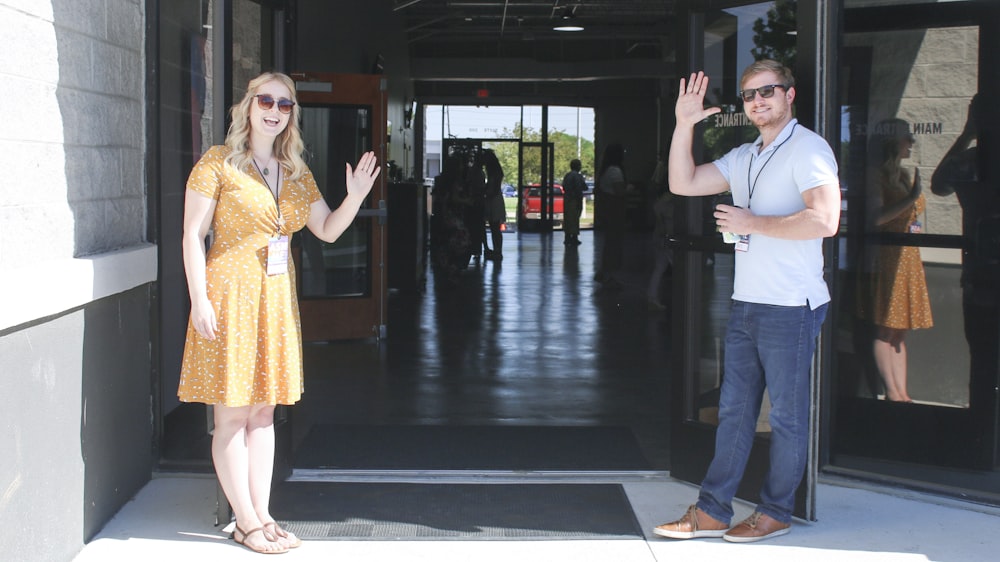In his great book Canoeing the Mountains: Christian Leadership in Uncharted Territory, Tod Bolsinger quotes James Osterhaus on the principle of Red Zone-Blue Zone decision making.
The red zone is making decisions that are “all about me.” The blue zone is making decisions that are “all about the mission.”
One thing I see creep into churches when it comes to decisions, though, is that the mission slowly becomes the same as “the way we do things.” The line between the mission and the model slowly becomes the same line. When that happens, a church easily moves into the red zone because they make decisions to keep themselves comfortable, not make changes, or to keep power.
The question leaders and churches need to ask themselves, according to Bolsinger, are, “Does this further our mission? Because a healthy system makes decisions that further the mission.”
Asking what furthers the mission and what furthers the way we do things are not the same question. Or, asking what furthers the mission versus what furthers the ______ (insert church name) way, are not the same question.
Too often, churches and pastors confuse the mission and the way they do things.
How does this happen?
Here are a few ways this creeps in:
Not having a clear mission. The first way this shows up is in not having a clear mission. If you don’t have a clear mission, this is why our church exists and what we are put on this earth to do, then it is easy to drift from that because there isn’t a right answer.
Many churches are in this spot.
They lack clarity of mission, where they are headed, or even clarity of their strategy. And for many leaders and churches, it is easier to articulate “how” you do something instead of “why” you do something. As a result, pastors can often talk all day about how they do ministry, how they do a program but struggle to articulate why they started it, why it must keep going, why it must be this way instead of that way.
When that happens, the way you do church becomes the mission, and you make decisions to keep your job, to stay comfortable, and to not go through the pain of change.
Not having a clear model. Many pastors and leaders have not done the hard work of saying, “This is how we make disciples; this is how we do worship services; this is how we follow up with people.” It is far easier, they think, to bounce from one idea to another without actually asking, “How has God uniquely wired us and called us as a church for this time and place?”
God did not place you in your church or in your city to be exactly like North Point, Elevation, Saddleback, or _____. He placed you there, to be you. So, yes, learn from others, steal great ideas and implement them, but do the hard work and ask about contextualization and what makes sense for your church and your area.
Falling in love with your model more than your mission. Leaders who do the hard work will find that their mission and model come out of their passion and story. This is one of the reasons it becomes blurry. And this is often why we fall in love with our model so easily. We created it, and it is who we are; it is what we like, what would reach us or does reach us.
But you must stay flexible on your model (the how) and stay clear on the mission (the why).
As Andy Stanley says, “Date the model, but marry the mission.”
Continue to ask yourself questions like:
- What is working?
- What is not working?
- What isn’t clear?
- What did we start 5, 10, 20 years ago that doesn’t make sense anymore?
Jesus continued to come back to the kingdom of God. That was what he talked about. That was his mission. Yet, he disappointed people, met people in different ways and through different means throughout his ministry. Paul did the same thing throughout the book of Acts.
The mission was the same. However, the model and values shifted.










